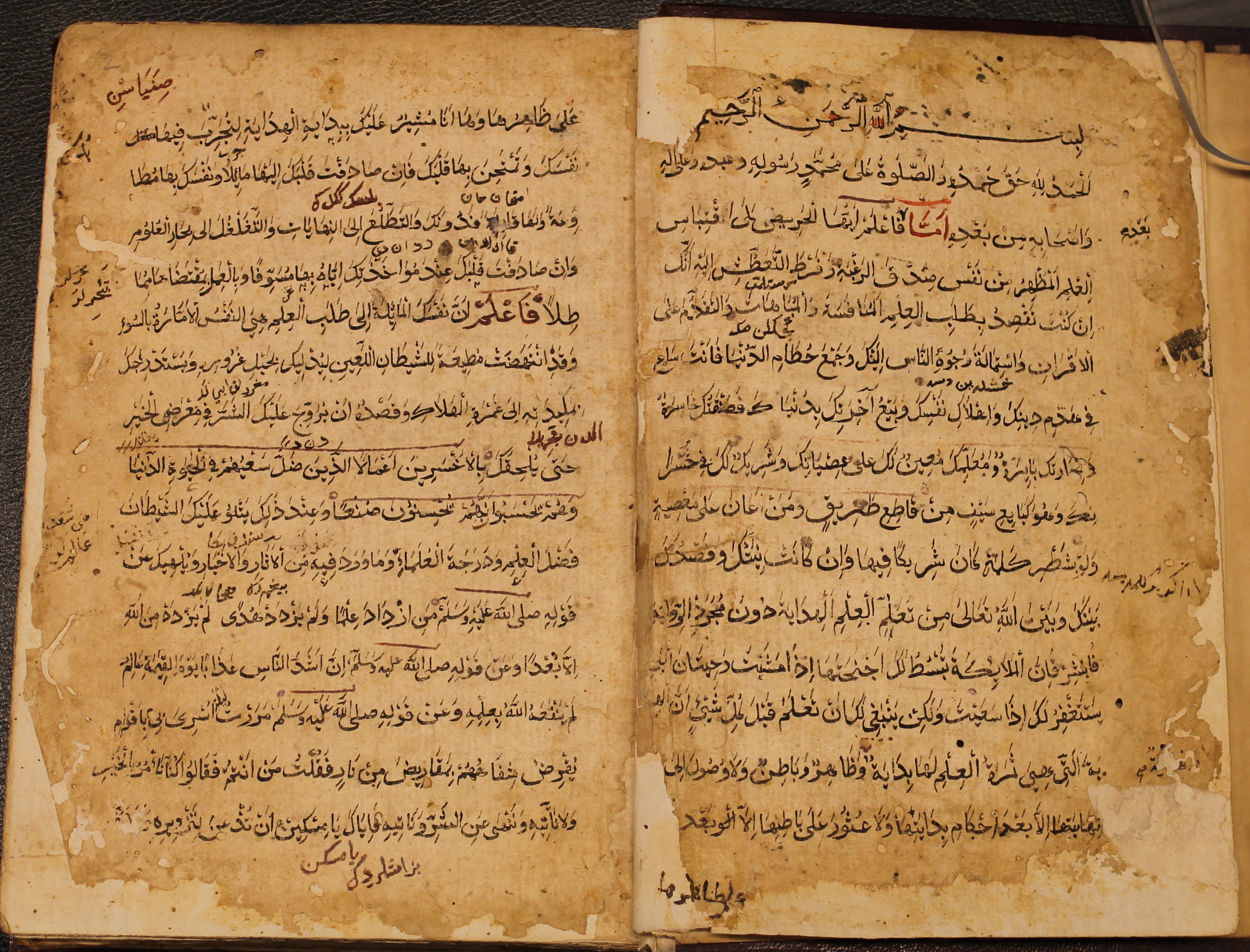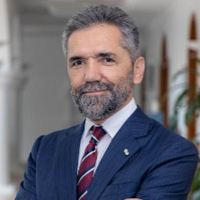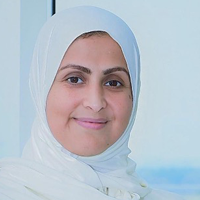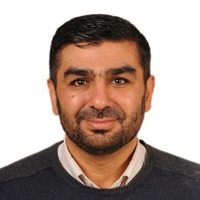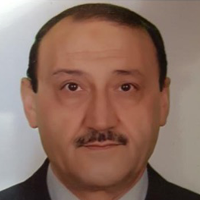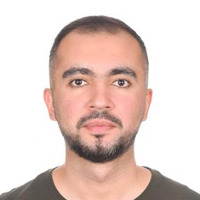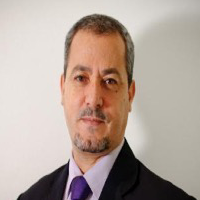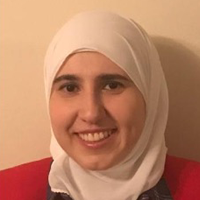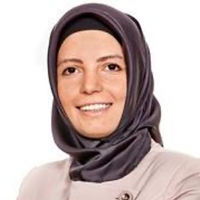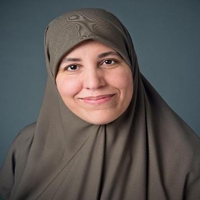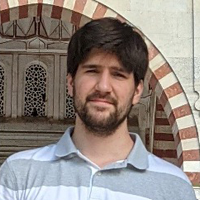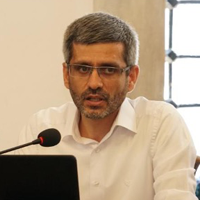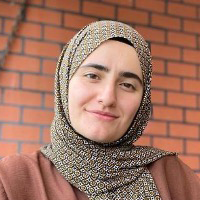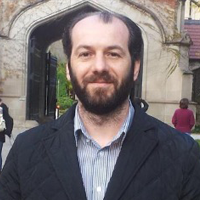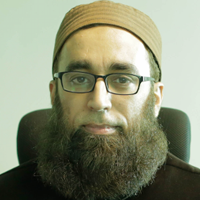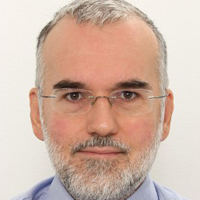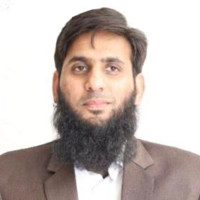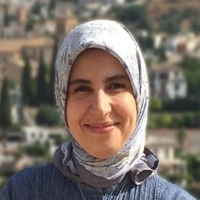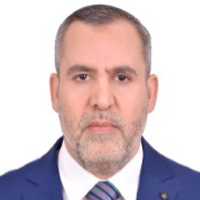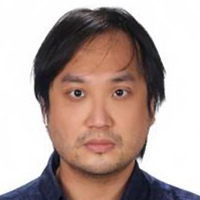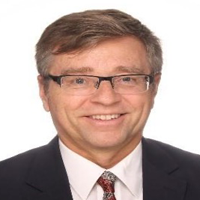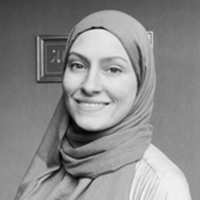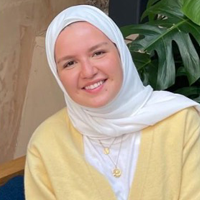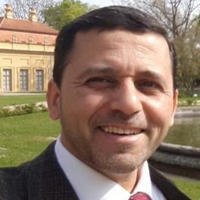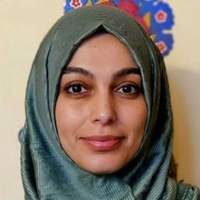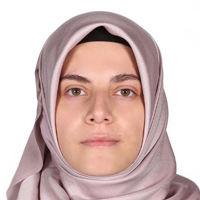Ghazali on Education: Contemporary Practical Applications from an Enduring Legacy
Symposium Overview
Muslims had been known as pioneers in establishing great schools and universities, financing them through endowments, curriculum development, and even diploma systems. Prophet Muhammad, peace be upon him, introduced mandatory education as a sacred activity from cradle to grave, which is what made Islam a global civilization. What lessons can we draw from this enduring legacy, spanning centuries and vast geographies, to improve our current education system? How can we engage them with present-day educational models and integrate their insights through a holistic and multiplex perspective? The symposium will explore comparative perspectives on education, drawing from the holistic and multifaceted framework established by classical Muslim scholars, thereby attempting to facilitate a constructive dialogue with contemporary approaches. The aim is to invite present-day scholars and practitioners to help develop a modern educational model that addresses current pedagogical challenges by deriving from the rich tradition of Islamic education and its best didactic practices, with a focus on producing practical applications to enhance educational outcomes.
To this end, these symposiums will analyze the works of great Muslim scholars who made a significant contribution to the field of education. The choice of Ghazali for the first symposium is the most fitting, as his intellectual and educational legacy truly stands out in Islamic Civilization. Applying Ghazali’s conception of education in our contemporary era leads us to the question of how his ideas can be utilized to develop an alternative educational model. Much has been written about Ghazali’s life, work, and philosophy, but this first symposium aims to focus solely on his ideas in the field of education.
Materialistic, individualistic, and positivistic secular humanistic ideologies dominate the discourse of education, globally and in the Muslim World. In this conjecture, we would like to invite scholars and practitioners to revisit the works of Ghazali with the following questions in mind: How can Ghazali help us overcome some of the challenges that modern or postmodern education is facing today? How can Ghazali help us develop an alternative education model that reflects Islamic ethos and holistic multiplex worldview? What does Ghazali offer us to take away from his time-honored works to apply in pre-key, elementary, and secondary levels, high schools, and universities?
The symposium will focus on how Ghazali’s historical legacy can transform the world of education today, and so it poses the question:
How can Ghazali help us address the contemporary issues and challenges humanity and the Muslim World face today in the field of education?
Dean's Message
As the Dean of the College of Islamic Studies at HBKU, I am honored to host the Ghazali on Education: Contemporary Practical Applications from an Enduring Legacy symposium. This marks the inaugural event in a forthcoming series of symposiums on comparative education, aiming to bring together ancient and contemporary educational paradigms to shed light on the present-day educational issues under investigation.
This year’s focus is on a pioneer in Islamic education, Imam Muhammad al-Ghazali. Al-Ghazali was not only a philosopher of education, an institution builder, and an author of numerous books, but also the founder of the Nizāmiyya madrasa system during the Seljuk period. This symposium aims to revisit al-Ghazali’s monumental legacy to help us develop contemporary Islamic applications in education. A millennium after his passing, it remains profoundly significant to revisit and revive al-Ghazali's legacy and envision our future standing upon the shoulders of giants.
It gives me great pleasure to see that we are making significant progress towards rooted revival (al-tajdīd al-muʾaṣṣal) in the field of Islamic education. This is particularly important today, given the many challenges in education worldwide. I hope our efforts will contribute to the solution of problems in education both locally and globally.
About
About The College of Islamic Studies
HBKU’s College of Islamic Studies (CIS) was founded to become a beacon for contemporary Islamic scholarship and thought, and a platform for meaningful intellectual and cultural dialogue on Islam and Muslims. Through its nine academic offerings and research centers, the college seeks to address some of the most pressing questions facing Muslim communities today, both locally and globally. Through its offerings, the college strives to advance a better understanding of Islam and its social dimensions and to produce graduates who can contribute and excel in a rapidly changing world.
About Hamad Bin Khalifa University
Hamad Bin Khalifa University (HBKU), a member of the Qatar Foundation for Education, Science, and Community Development (QF), was founded in 2010 to continue fulfilling QF's vision of unlocking human potential. HBKU is a homegrown research and graduate studies University that acts as a catalyst for positive transformation in Qatar and the region while having a global impact.
Located within Education City, HBKU seeks to provide unparalleled opportunities where inquiry and discovery are integral to teaching and learning at all levels utilizing a multidisciplinary approach across all focus areas.
HBKU is committed to actively contribute to achieving the Qatar National Vision 2030 by building and cultivating human capacity through an enriching academic experience and an innovative research ecosystem. Through applying creativity to knowledge, students will have the opportunity to discover innovative solutions that are locally relevant and have a global impact.
At Hamad Bin Khalifa University – our students, faculty, staff, partners, and leadership – all share a common belief in the power of higher education and research to make a positive impact in the development of nations.
More information at www.hbku.edu.qa
About Education City
Our flagship initiative is a campus of more than 12 square kilometers that hosts branch campuses of some of the world's leading educational institutes, a homegrown university, and other research, scholastic, and community centers. Together, these institutes make Education City a unique model of academic and research excellence, pioneering a new approach to multidisciplinary, global education and enabling breakthroughs that benefit Qatar and the rest of the world.
More information at https://www.qf.org.qa/education/education-city
About Qatar
Qatar has been an independent sovereign state since 1971. Qatar comprises an 11,500 sq. km peninsula extending northwards into the Arabian Gulf. It has 563 km of uninterrupted coastline. The country's population stands at 2.69 million and its capital city is Doha.
Local time is GMT/ UCT + 3 hours. There are no daylight savings adjustments.
Qatar has a desert climate with year-round sunshine, very hot summers, and mild winters. Mean monthly temperatures range from 17°C in January to 36°C in July, sometimes reaching highs of 45°C+ during the summer. Rain is infrequent, falling in brief showers mainly in winter.
Capital: Doha
Population: 2.68 million
Area: 11,500 sq. km
Language: Arabic
Religion: Islam
Currency: Qatari Riyal
Power Connection: The power plugs and sockets are of type D and G. The standard voltage is 240 V and the standard frequency is 50 Hz.
Transportation
Karwa is the national taxi and limousine service. To book a taxi call +974 800 8294. You can pay by cash, bank card or mobile payment.
Karwa taxis can be ordered or pre-booked via the Karwa Taxi app (available on iOS and Android), or hailed from the street.
UBER taxi service is also active in Qatar.
You can use your international driving license for seven consecutive days.
Metro
The metro system has three lines (Gold, Green and Red) covering 37 stations. Trains run every 3 minutes and staff are available at every station to assist you during your journey.
You can buy a travel card at stations and then save time by topping up online or on the Qatar Rail app (iOS and Android).
All stations have elevators and all train carriages provide space for wheelchair users and pushchairs, as well as guide dog allowances. You can check the Qatar Rail website before you travel.
Free metrolink buses run useful routes within 2 - 5 km of stations.
If you are traveling to central Doha, you can take the metro to one of these stations, which are conveniently located to access the Corniche area. You can change lines at Al Bidda (Red and Green) stations and Msheireb (Red, Green and Gold)
More information at https://www.qr.com.qa/home
Currency Exchange (March 2023)
Minor Unit: 1/100 = Dirham
- 1.00 EUR = 3.88 QAR
- 1.00 USD = 3.64 QAR
- 1.00 GBP = 4.40 QAR
More information at https://www.visitqatar.qa
Speakers
Submission
Objectives of the Symposium:
- Investigate the different aspects of the transformative power of Ghazali’s thought in light of the challenges and problems facing contemporary education.
- To realize the values of Islamic education in the curriculum, pedagogy, teacher–student relationship, child development, and the educational ecosystem.
- To explore how Ghazali seamlessly combines academic and professional education with moral and ethical education.
- To articulate a rooted and clear set of aims and objectives for contemporary Islamic education.
Themes of the Seminar:
- The implications of the levels of existence (marātib al-wujūd) on education.
- The implications of the levels of human existence (body, mind, and soul) on education.
- The implications of classification of knowledge and sources of knowledge (marātib al-ulūm), on education and curriculum preparations.
- Combining academic and professional education (ta’līm) with moral and spiritual education (tazkiyah).
- The interaction with, and rejection or integration of ideas from, non-Islamic civilizations from an Open Civilization perspective.
- The ethics and etiquette of the teacher-student relationship.
- The ecosystem for the educational environment that integrates and nurtures spiritual, intellectual, social, and ethical values.
- Core values for diverse aspects of the educational system.
- The concept of ideal human beings and their development.
- Success stories/best practices
Tentative Potential Topics:
- Ghazali’s educational trajectory and its relevance for educational practices today.
- Teacher development and improving faculty profiles as learning outcomes of education.
- Thematic analysis of knowledge, teaching, learning, and education in Ghazali’s works.
- Ghazali’s methods of self-development.
- Fostering fitrah, adab, and akhlaq in the learning environment.
- Ghazalian approaches to teacher and student wellbeing.
- Implications of Ghazali’s work on educational psychology.
- The holistic teacher and student at the end of education.
- Approaches to elevating teachers and students from taqlid to tahqiq.
- The role of methodological doubt in education and pedagogy.
- The role of stories, metaphors, and arts in conveying practical ethics in schooled environments.
- Professional development of teachers.
- Preparing boys and girls to work together in an Islamic educational environment.
- Methods of generating happiness.
- Social media and AI in schools and school curricula.
- Navigating today’s social challenges for transformation.
- Utilizing the names of God in education.
- Fostering in learners a sense of responsibility for action.
- and other similar topics.
Submission Information:
The symposium will be composed of individual papers in both Arabic and English. Please prepare a 600-1000-word abstract in the language of your intended submission and follow the submission instructions below. Each abstract must contain a contemporary educational issue and a clear connection to Ghazali’s work.
Important Dates:
Submission Deadline: October 26, 2023.
Selected Abstracts Notification: November 10, 2023.
Symposium Date: March 5 - 6, 2024
Hosting Organization:
HBKU CIS jointly with Usul Academy
Publication and Dissemination Plans:
Selected papers will be published in an edited book.


